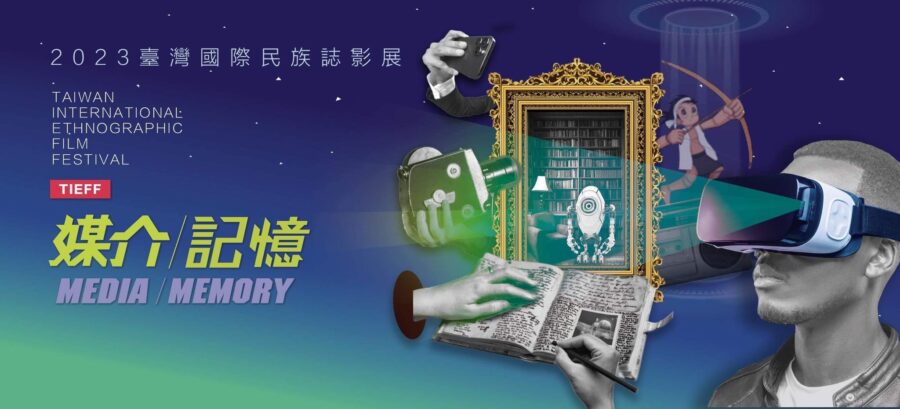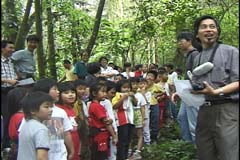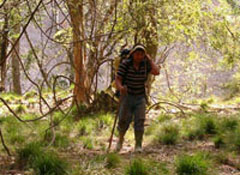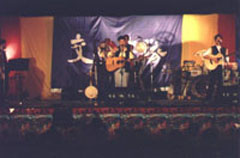Silent Cello

In year 2000, American cellist David Darling came to the far mountains in southern Taiwan. He was stunned when he first heard the pure voices of Bunu children. “That day,” he said,” my cello became silent.” Two years later, he returned to the aborigine village with an unprecedented music plan-using his cello and the Bunu voice to start a music conversation.
This 55-minute documentary follows the footsteps of the cellist and wholly records David’s stay in the Bunu village: the recording process, the interaction with the local and with nature. The director takes an outsider view, honestly displaying the motion among the aborigines, Han people, and western culture. Here, music is the only language. Thanks to music, people of different culture build up a strong friendship. Through the usage of colorful images, clear strong music, and the deep in-holding emotions, the film presents a humble village, a group of harmonious people, and a touching clash of eastern and western music.




